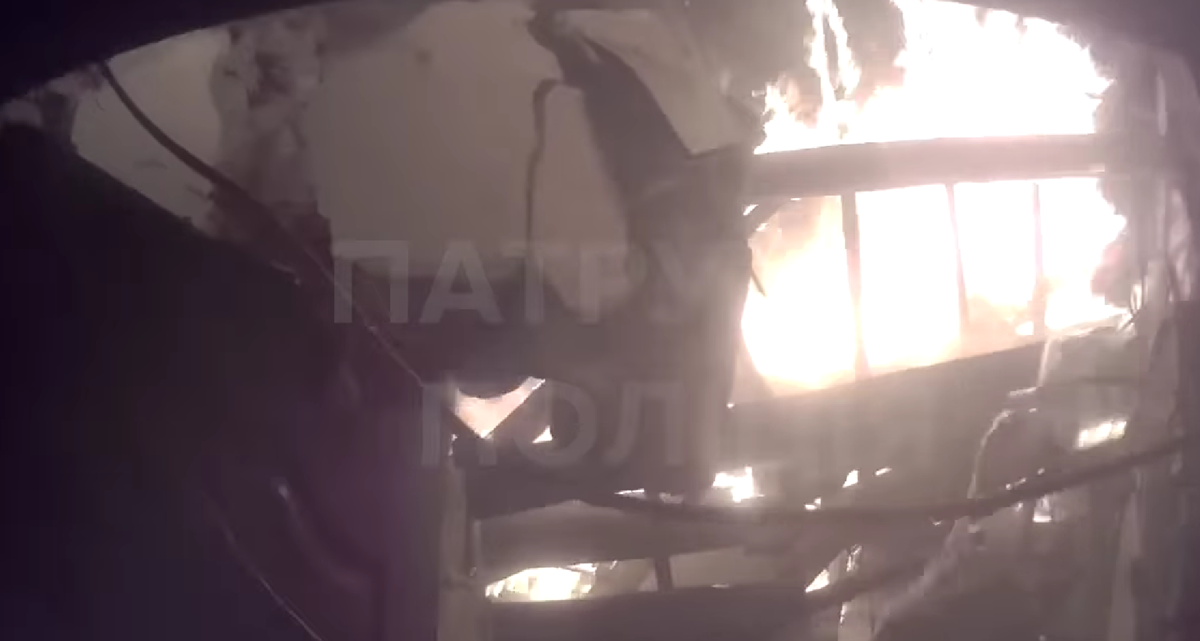The main topic of the articles concerns Russian drone and missile attacks on Ukrainian cities, especially Kharkiv and Odesa, during which residential buildings, maternity hospitals, and civilian infrastructure were hit. Ukrainian police and emergency services are portrayed as heroes saving lives and helping victims under the rubble, while civilian casualties and destruction are recorded. On one side, Western countries and media condemn the Russian attacks and call for their immediate cessation, expressing condolences to the victims. On the other side, reports indicate ongoing conflict and possible new Russian offensives, while political reactions in the region vary, including diplomatic visits and statements by leaders such as Vučić and Milatović. Ukrainian President Zelensky calls for concrete international action to end the war. These events are part of the broader context of the war in Ukraine and international sanctions against Russia.
Political Perspectives:
Left: Left-leaning sources emphasize the humanitarian impact of the Russian attacks on Ukrainian cities, highlighting the suffering of civilians, the destruction of civilian infrastructure such as maternity hospitals and schools, and the heroism of Ukrainian police and emergency responders. They strongly condemn the Russian military aggression and call for immediate cessation of attacks and increased international support for Ukraine. The narrative focuses on the human cost of the war and the need for peace and justice.
Center: Center-leaning sources report on the Russian attacks with a focus on factual updates about the military situation, casualties, and political responses. They present statements from various international actors condemning the attacks and calls for ceasefire, while also covering diplomatic visits and political nuances such as Serbia’s position. The narrative is balanced, providing information on both the military developments and diplomatic efforts without strong emotional language.
Right: Right-leaning sources may emphasize the strategic and military aspects of the conflict, including the resilience of Ukrainian forces and the challenges faced by Russian troops. They might highlight political leaders’ statements defending national interests, such as Serbia’s refusal to fully condemn Russia, portraying it as a stance of independence and pragmatism. The narrative may also include skepticism about the effectiveness of sanctions and focus on the geopolitical implications of the conflict.































